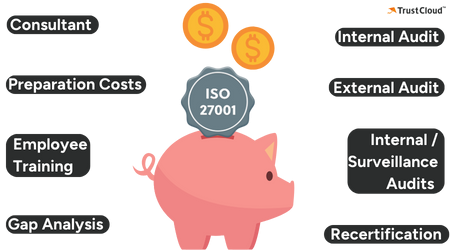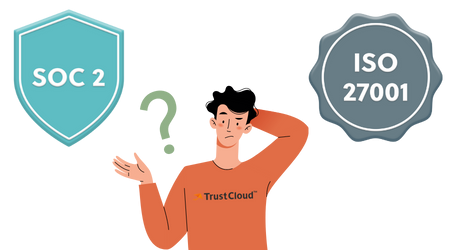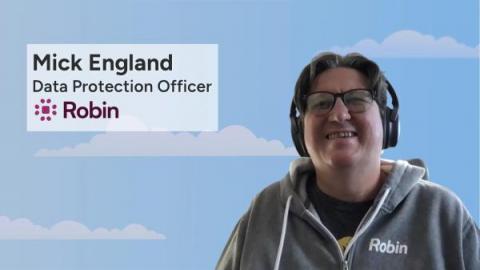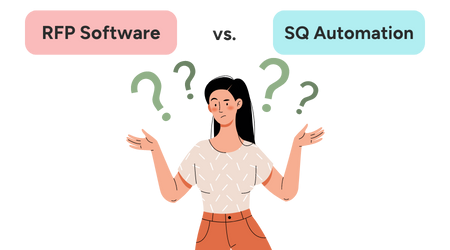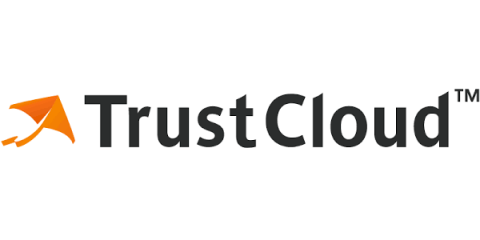From Compliance Automation Software to a Trust Assurance Platform
Standing up a strong compliance program is critical for any organization expected to show adherence to SOC 2, HIPAA, PCI, ISO27001 and other frameworks – and it can be very challenging. For starters, you have to juggle evidence collection, task management, policy mappings, and monitor controls across multiple frameworks.




